My major take away from the conference was considering the questions "What is curriculum, who controls it and what should it be?".
A diverse range of presentations and workshops from teachers demonstrated that teachers have an enormous opportunity to have some control over what and how they teach, but reporting and exams (eg HSC, Naplan) and expectations of parents, students and systems place limitations on what and how teachers teach. So how do we give teachers explicit permission to take the educational risks required to take some control over the curriculum required to engage their students.
Has NAPLAN become the de facto curriculum? Is this what we really want or need?
Jan Owen talked about FYA research that has "analysed how disruption to the world of work has significant implications for young Australians" Is the current high stakes exam based curriculum preparing our students for this different future of work?


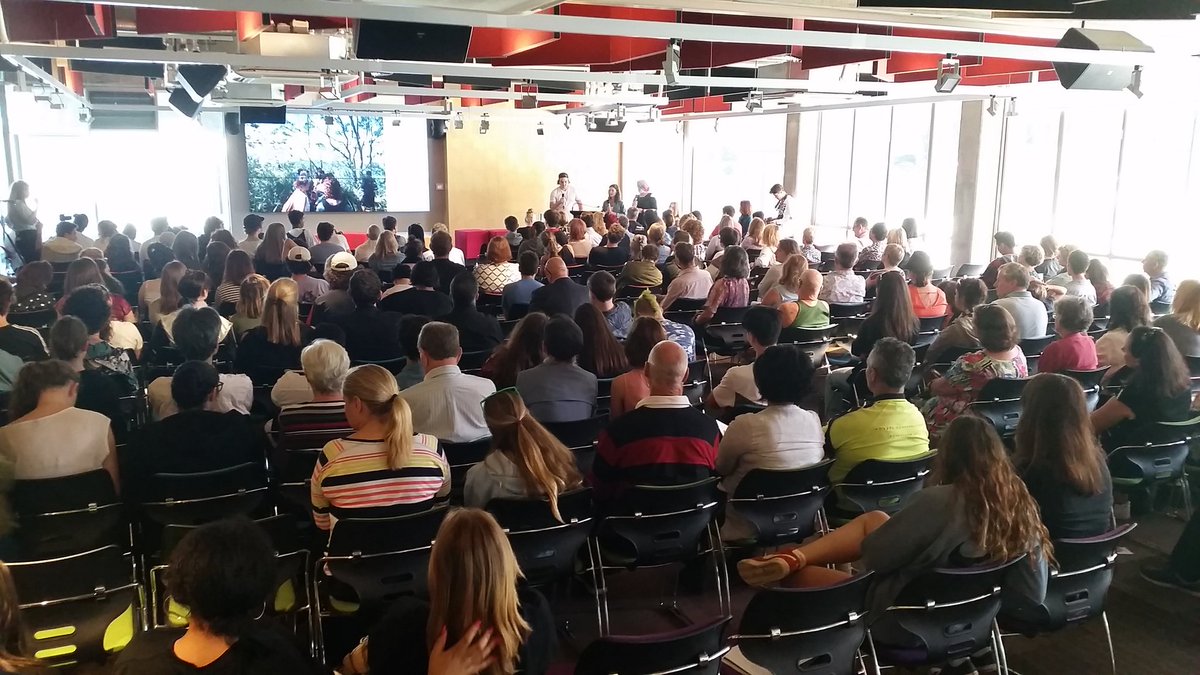
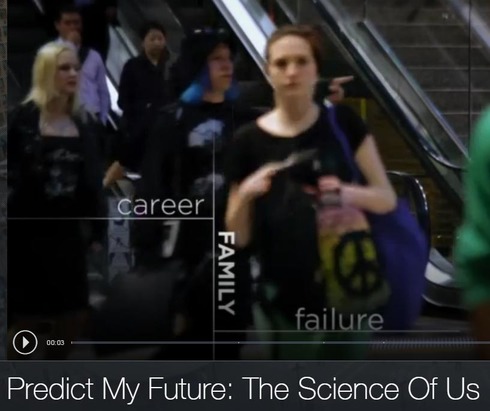
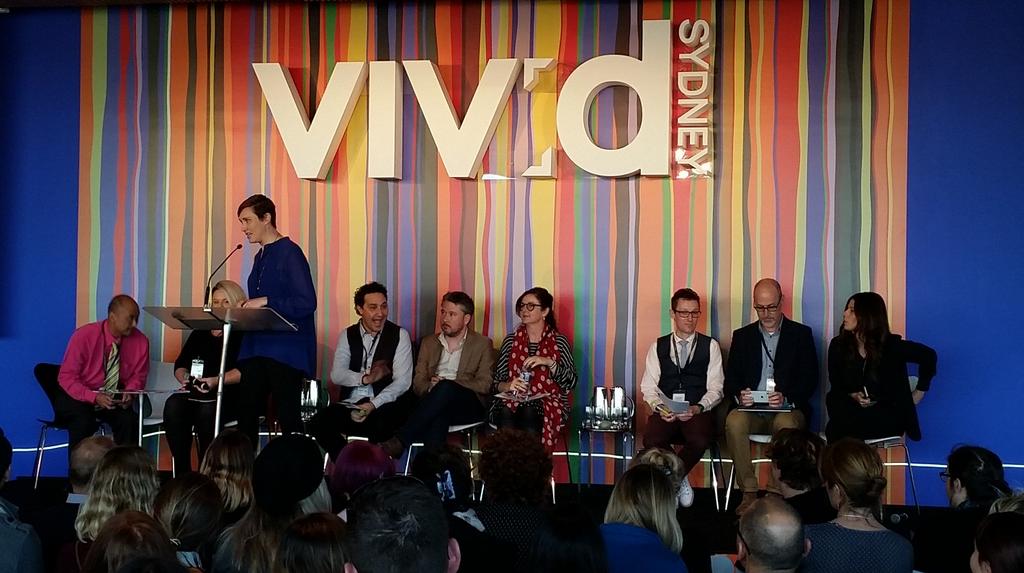
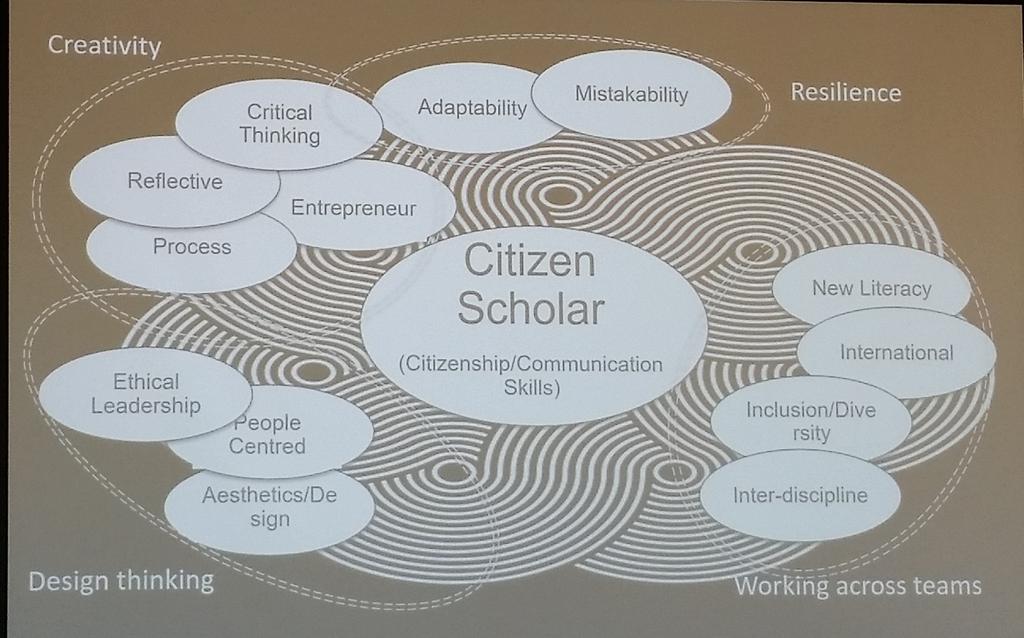
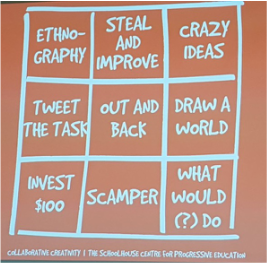
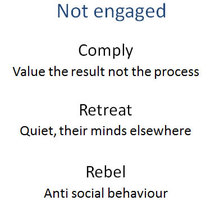
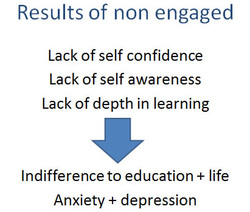
 RSS Feed
RSS Feed